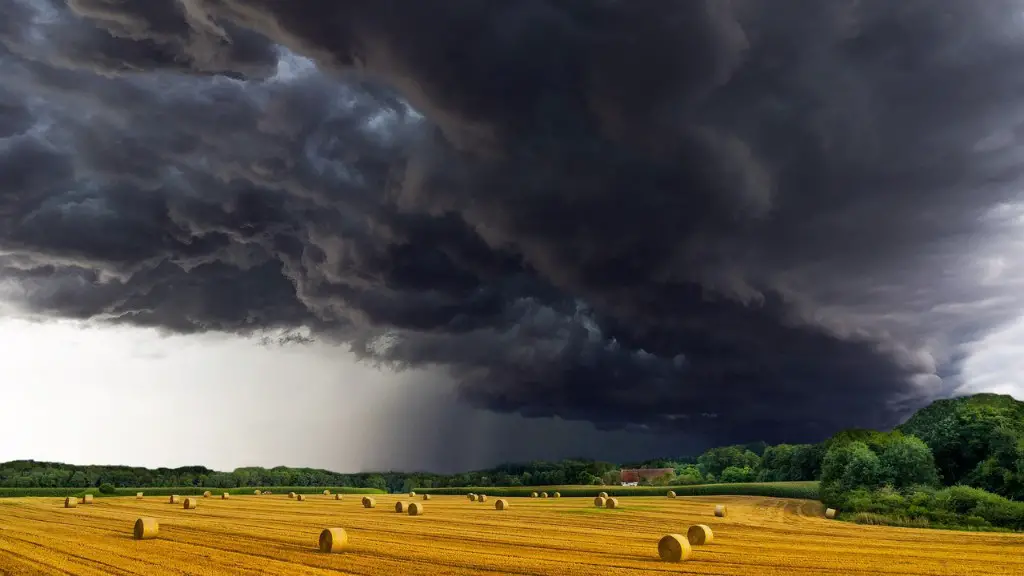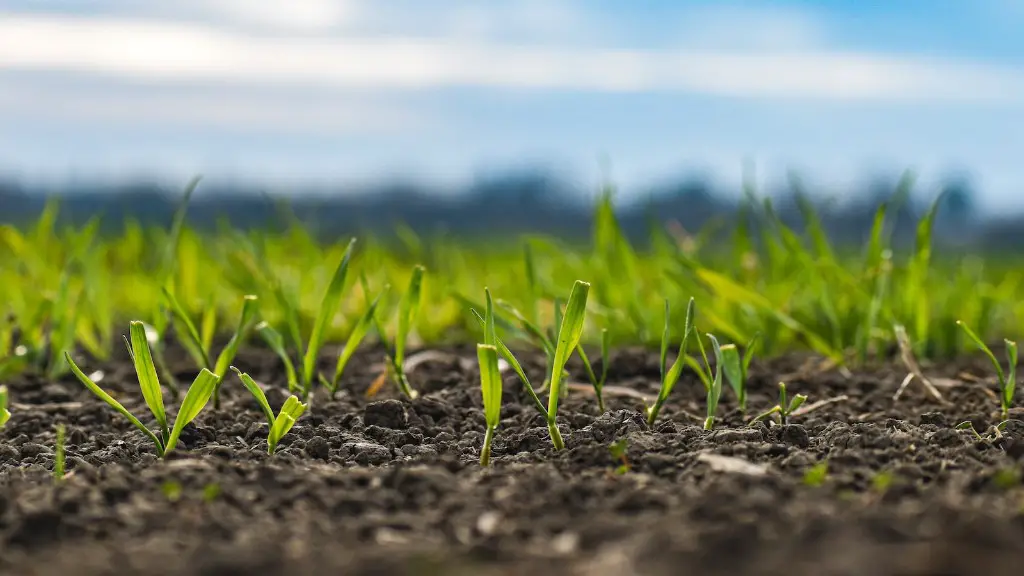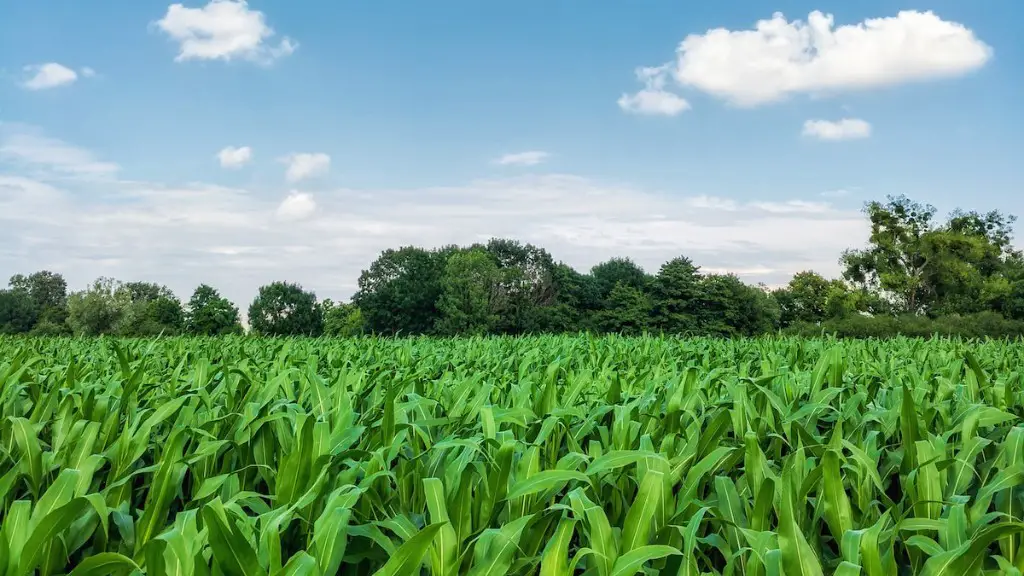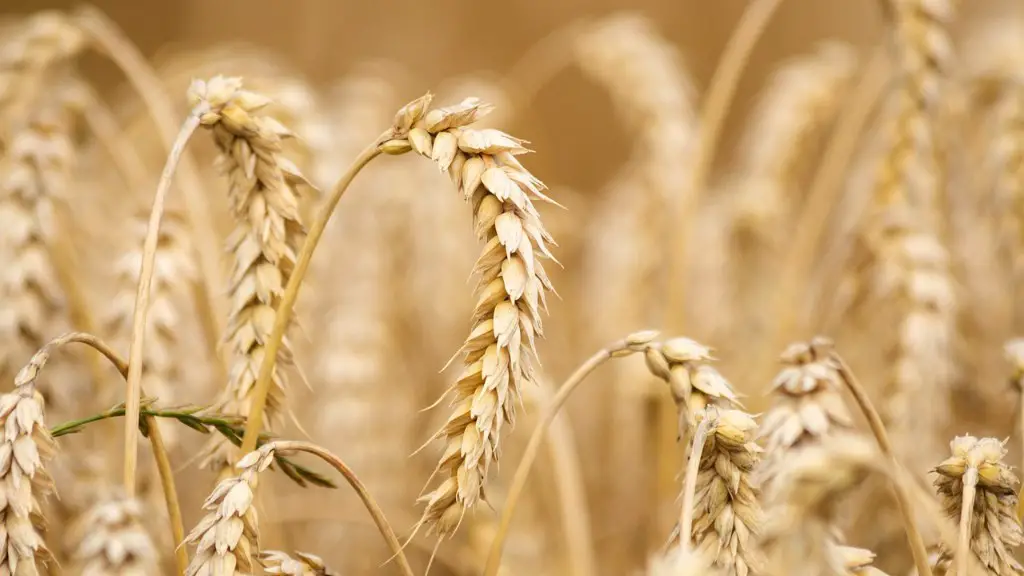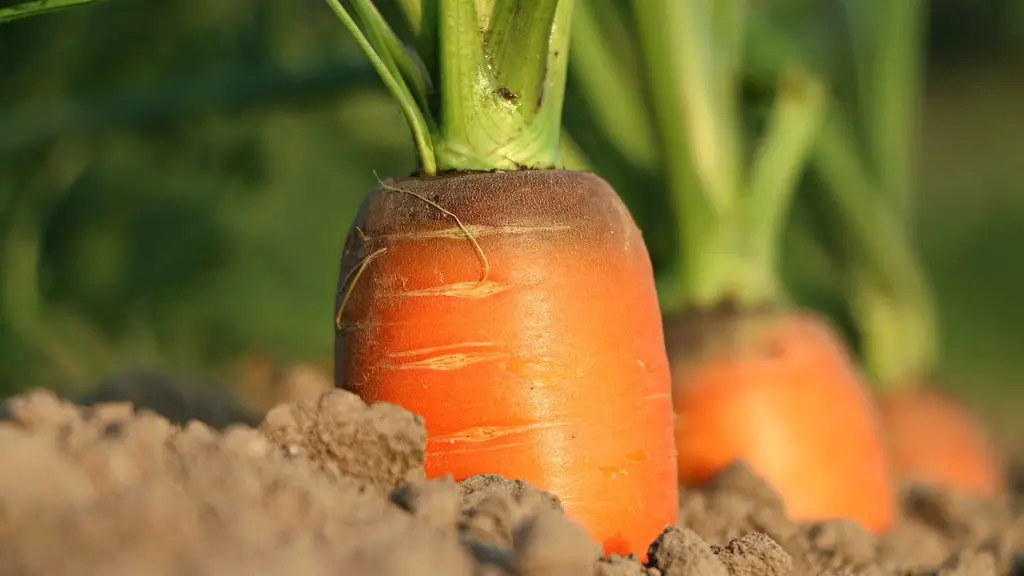An agriculture teacher is an individual who provides instruction and guidance on the principles and practices associated with various aspects of farming and land management. This includes teaching students about the best management practices for animal and crop production, agricultural biotechnology and food safety. The job of an agriculture teacher can be highly rewarding for those who have a passion for teaching, a flair for detailed organization, and a love of working in the outdoors.
Agriculture teachers have to have a sound knowledge of their subject, knowledge of the principles and best practices in relation to farming, land management and animal care. They should have the skill and experience to inspire and motivate learners. Communication skills are important for working with students and staff, as well as for promoting effective instruction. They also need to be well-organised, able to plan and deliver lessons, and keep proper records.
Agriculture teachers typically work with learners of all ages, from primary school up to further education level. They often work in or supervise agricultural or land-management projects as part of their role. Agriculture teachers will typically assess the performance of their students, write and implement learning plans, and use the latest technology including software, lectures and research to ensure learners progress.
Agriculture teachers can choose to specialize in various areas of the subject. This includes animal agriculture, which could focus on care and husbandry processes, as well as livestock production, animal nutrition and animal health management. An agriculture teacher might also choose to specialize in crop production, which involves teaching students about crop production, agroforestry, soil science and other related topics.
To become an agriculture teacher, individuals will typically need to have a degree in agriculture, related sciences or education, followed by relevant teaching experience. Many countries have specific requirements for the qualifications and credentials needed to teach agriculture, so it is important for aspiring teachers to check the requirements for the region in which they intend to teach.
Animal Agriculture
Animal agriculture is a key subject in an agriculture teacher’s role and can involve teaching students about animal care and husbandry, livestock production, animal nutrition, animal health management and other related topics. Animal agriculture teachers will ensure that learners fully understand the animal production processes, the appropriate techniques and management skills required, and any relevant regulations.
To teach animal agriculture, individuals will need to have a comprehensive knowledge of animal production, nutrition and health. They should be able to work with a variety of animals, use the latest technology to assess, monitor and control livestock production, and inspire learners to become active, responsible and ethical animal carers.
Animal agriculture teachers should also have excellent communication and interpersonal skills, be competent in risk assessment, and be committed to providing the best possible animal care, welfare and management outcomes.
Crop Production
Teaching about crop production is a key part of the role of an agriculture teacher. This involves teaching students about crop production, agroforestry, and soil science, as well as the principles of sustainability. Crop production teachers also need to have an understanding of the economic and environmental impacts of agricultural practices.
Crop production teachers should have a detailed knowledge of the crops which they teach, as well as a good understanding of the various methods of crop production, such as traditional farming, organic farming and agroforestry. They should also be familiar with the latest technologies for enhancing crop production, such as precision agriculture. An understanding of the different types of fertilizers and pest control measures is important for crop production teachers.
Crop production teachers should also be capable of teaching learners how to generate the best yields while adhering to the guidelines of crop rotation and soil fertility management. They should also have a good understanding of the legislative and regulatory framework relevant to crop production and the environment.
Environmental Education
Agriculture teachers may also choose to specialize in environmental education. This involves teaching learners about the environment and the various principles, concepts and techniques of conservation and management associated with it. Environmental education teachers should be knowledgeable about the various sustainable agricultural practices, the economic and social impacts of agricultural activities, and the legal and ethical requirements.
Environmental education teachers should have excellent communication and interpersonal skills, the ability to motivate and inspire learners, and be proficient in using the latest technologies for data collection, assessment and analysis. They should also have an in-depth knowledge of environmental issues, and be committed to promoting environmental preservation and conservation.
Food Safety
Food safety is another important specialization in the field of agriculture teaching. This involves teaching learners about the best food-handling practices, food hygiene and the principles of food safety. Food safety teachers should be knowledgeable about legislation and regulations relating to food hygiene, food production and food handling.
Food safety teachers should have a good understanding of food safety principles and procedures, in order to be able to assess, monitor and record food safety standards, as well as to ensure the safety of foods produced or handled by their students. They should also have the skills to inspect kitchens and premises, and follow up on issues where needed.
Food safety teachers should also be able to use the latest technology to assess and monitor food safety, as well as teaching learners how to develop their own food safety systems. They should have good communication and interpersonal skills, in order to provide support for their students and ensure that everyone complies with food safety regulations.
Biotechnology
Biotechnology is another specialization within the field of agriculture teaching. This involves teaching learners about the use of biotechnology in production and processing of food and other agricultural products, with the aim of increasing productivity and improving safety and quality.
Biotechnology teachers should be knowledgeable about the various biochemical and molecular processes associated with biotechnology and their implications for food production and preservation. They should also have a good understanding of the legislation and regulations related to food biotechnology and be able to provide teaching and guidance on the subject to learners.
Biotechnology teachers should be proficient in using the latest technology and have the skills to assess, monitor and record biotechnological processes in order to ensure safety and quality are maintained. They should also have excellent communication and interpersonal skills in order to provide support and guidance for their students.
